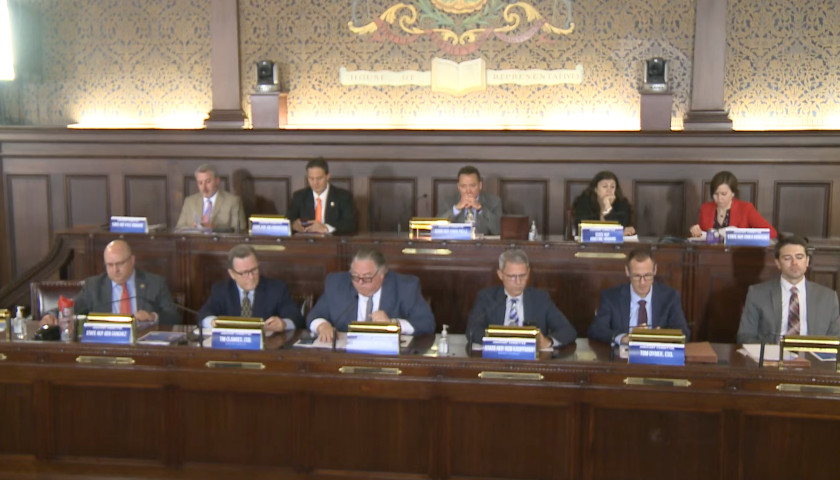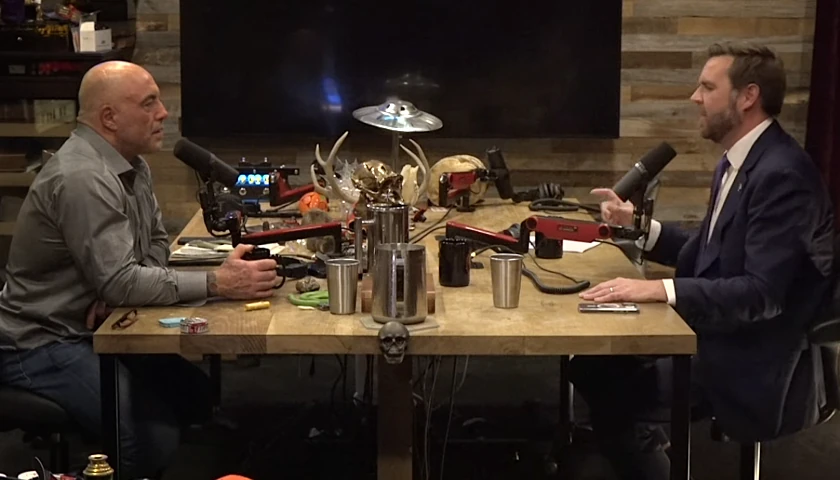Pennsylvania’s House Judiciary Committee unanimously passed a bipartisan bill on Wednesday to seal the records of those with low-level, drug-related felony convictions.
In 2019, Pennsylvania became the first state in the U.S. to adopt automatic record-sealing for summary offenses and various nonviolent misdemeanors and arrests that did not result in a conviction. The change has benefitted more than 1.2 million state residents.
At least nine other states enacted comparable legislation, and more than half of state legislatures saw such measures introduced. Federal lawmakers are considering a similar proposal. Still, Pennsylvania is one of only 15 states that do not permit any felony-record sealing.
Many nonprofits with diverse political views are backing the new measure to expand Pennsylvania’s “clean slate” policy, saying it will help those who wish to put past mistakes behind them and join the workforce. Supportive groups include Americans for Prosperity, the Pennsylvania District Attorneys Association, the Pennsylvania Chamber of Business & Industry, the Faith and Freedom Coalition, the Justice Action Network, Right on Crime, and Community Legal Services of Philadelphia.
Under the proposal, those who committed minor drug felonies but stayed crime-free for 10 years afterward would have their records closed. This would not apply to anyone who received a sentence of 2.5 years or more, i.e., for trafficking or violent crimes.
Other provisions of the bill would reduce the clean-slate waiting period for summary offenses from 10 to five years and the waiting period for misdemeanors from 10 to seven years. For sealing to occur, a convict must have paid all the fees or restitution he or she owed.
Testifying before the Judiciary Committee, State Representatives Jordan Harris (D-Philadelphia) and Sheryl Delozier (R-Camp Hill) said the bill they are sponsoring will broaden prosperity without compromising safety.
“It has been successful in other states,” Delozier said. “It is something that will help folks get into the workforce and allow them to have housing, allow them to move on.”
Lawmakers from both parties praised the sponsors for their work on the bill.
“I appreciate our Appropriations Chair [Harris] and Representative Delozier both — all of your work on this,” Representative Joe Hohenstein (D-Philadelphia) said. “I know directly from constituents in my district there are people who will be helped by this and be able to get on with their lives after having served their time and it’ll give them the opportunity to become the citizens that we want everyone to be.”
The panel’s Minority Chair Rob Kauffman (R-Chambersburg) echoed his Philadelphia colleague’s enthusiasm, adding he was pleased to see his committee advance a consequential and largely uncontroversial policy.
“I want to thank the sponsors of this bill,” he said. “There’s been a lot of give and take over the last few years to get to the point where [the legislation] is today…. I appreciate the hard work of the sponsors and the stakeholders who have been part of this and it is good to have a bipartisan meeting.”
– – –
Bradley Vasoli is managing editor of The Pennsylvania Daily Star. Follow Brad on Twitter at @BVasoli. Email tips to [email protected].








